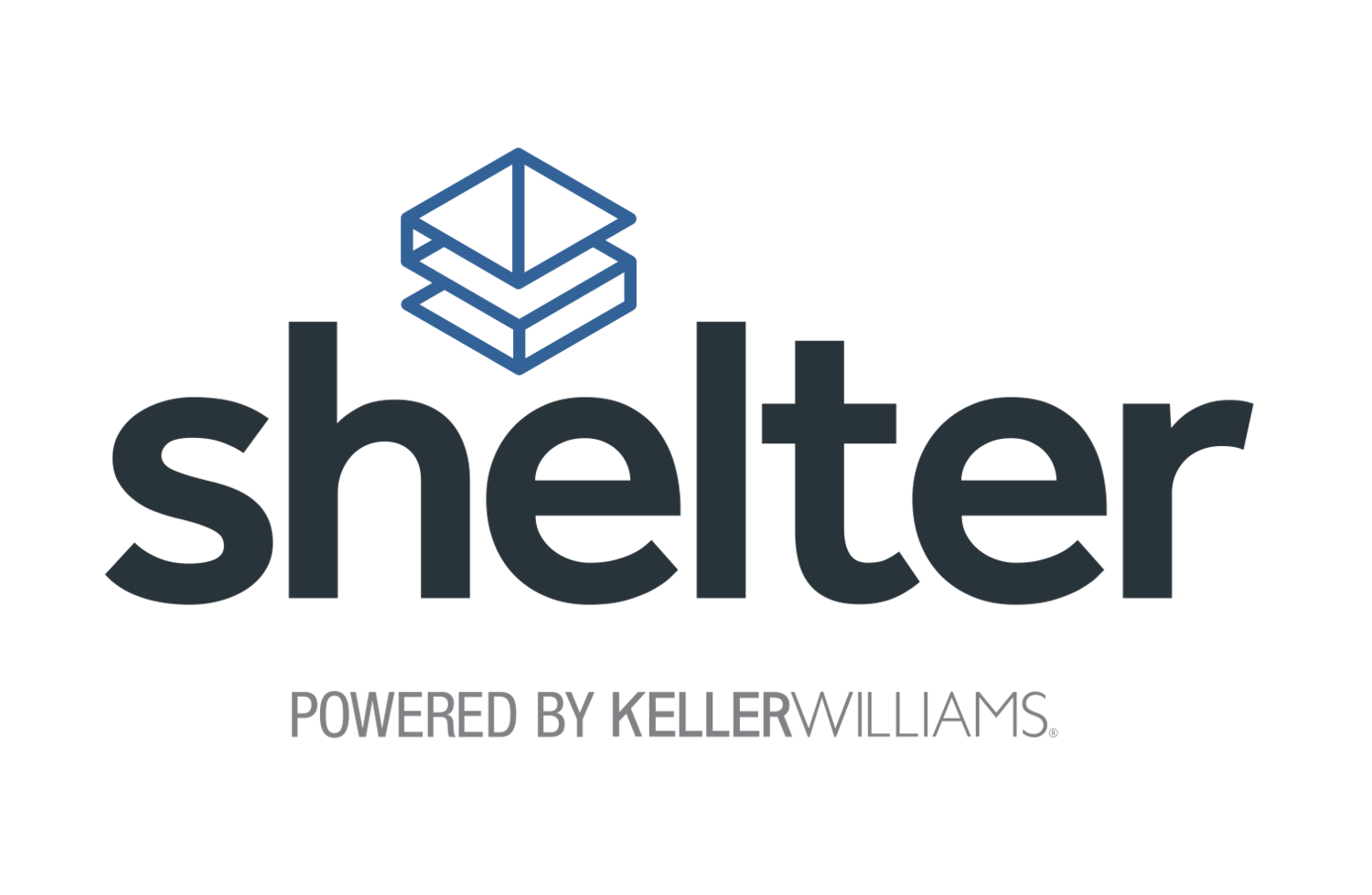the current state of colorado's real estate market
/By Jeff Anastasio | Published on October 13, 2023
The largest single factor continuing to impact Colorado’s housing market is the upward trend in interest rates, percentage points that have not been seen in for decades.
Colorado’s statewide housing sales report for September showed higher mortgage interest rates are complicating what is traditionally a slower buying and selling season, not only in the Denver metro area, but across the state, according to the Colorado Association of Realtors report.
Home sellers who decide to abandon lower interest rates on current mortgages and jump into the market are seeing a more favorable experience for buyers from the past few years, but the current scenario continues to pose a challenge to first-time home buyers in Colorado, including in the Denver metro real estate market.
“Buyers really have the opportunity to be picky right now. They can spend a full weekend looking at homes before they have to make a decision rather than making a decision on an hourly basis because there's 15 Other people lined up,” said Matt Leprino, spokesperson for Colorado Association of Realtors. “ So if you can afford it right now, or if you have a very low financed amount, it's better now than it's been in many, many years”
Single-family homes for sale in Colorado are on average staying on the market 46 days, which is up 24% from the 37 days on the market reported a year ago in September 2022.
According to the Colorado Association of Realtors Market Trends Report, new single-family home listings dropped nearly 12% with 9,416 properties coming into the market.
The report showed across Colorado, 5,402 single-family homes sold in September which was down from the 6,975 reported in September 2022.
After a slight downward trend earlier this year in the statewide median home price, the single-family home price rose nearly 3% to $575,000.
Across the state, the townhome and condo market also rose by 2.6% to a $425,857 median sales price.
Digging into Denver metro data, the single-family median home price rose year-over-year to 3% at $620,000. The increase in the metro median sales price continued in August after following the same downward trend for the previous few months this year.
The report showed single-family homes stayed on the market 34 days in the seven-county Denver metro area, which was a 17% increase year-over-year. “It’s a little tricky to wrap your head around fewer homes coming on the market while inventory is going up. One would typically consider that fewer properties equal fewer choices but that is not the case in Denver,” said Leprino in the report. “The reason? Demand. This September, 14% fewer homes came on the market than last year, 26% fewer than in 2021, and while that may sound like the familiar ‘we don't have enough inventory’ dialogue, it’s anything but.”
For buyers trying to navigate higher interest rates, one way to save some money is to ask a seller for an interest rate buy down that could potentially reduce your monthly payment for one or two years in hopes that interest rates will eventually go down.
Another option is to look for something called an assumable mortgage. That involves taking over a VA or FHA loan that’s at 4%, 3%, or even lower, but it's easier said than done.
“In most cases, if you're thinking about purchasing and you're looking at an assumption you're gonna need to come to the closing table with cash or some form of secondary financing, maybe a home equity loan or a home equity line of credit or even a personal loan to help pay out that veteran homeowner and make them whole,” said Chris Birk, VP for Mortgage Insight, Veterans United Home Loans.
Buyers would need to find secondary financing to cover the equity pay off to the seller. In that case, sellers might lose access to their VA or FHA benefit if someone else is using it.


